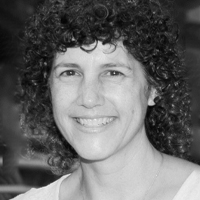Question
What is a Seating and Mobility Certification or SMS?
Answer
SMS is a specialty certification, through RESNA, for professionals who are working in the field of seating and wheeled mobility. It is a way of demonstrating competence within this very specific field, including all areas of intervention with these particular products across ages and across diagnoses. RESNA is the Rehabilitation Engineering and Assistive Technology Society of North America. It has been around since the '80s. It is an international professional organization that represents not just rehab engineers but quite a wide variety of disciplines.
By receiving this certification, we are receiving acknowledgment of a level of skill and expertise in this area. It is an objective external recognition that says that you have achieved a certain level of competence. It demonstrates professional development and shows that you are committed to learning about this important practice area in order to better serve your clients. Funding is also quite important. Right now, Medicare requires that a supplier who is working with complex rehabilitation equipment have their, Assistive Technology Professional, or ATP, certification. I think that it is only a matter of time before this SMS certification starts impacting therapists as well. Even now, there is legislation in front of Congress to protect complex rehabilitation equipment. Part of that legislation includes some degree of ensuring that the evaluating team has the competence to make these recommendations, and there is some discussion about including the SMS as a part of those requirements. This is not likely to happen in the immediate future because the amount of people who have their SMS certification is still rather low, particularly in comparison to the ATP. However, as more and more people have received their ATP over the years, the number of SMS is steadily increasing, and I think will continue to do so.
